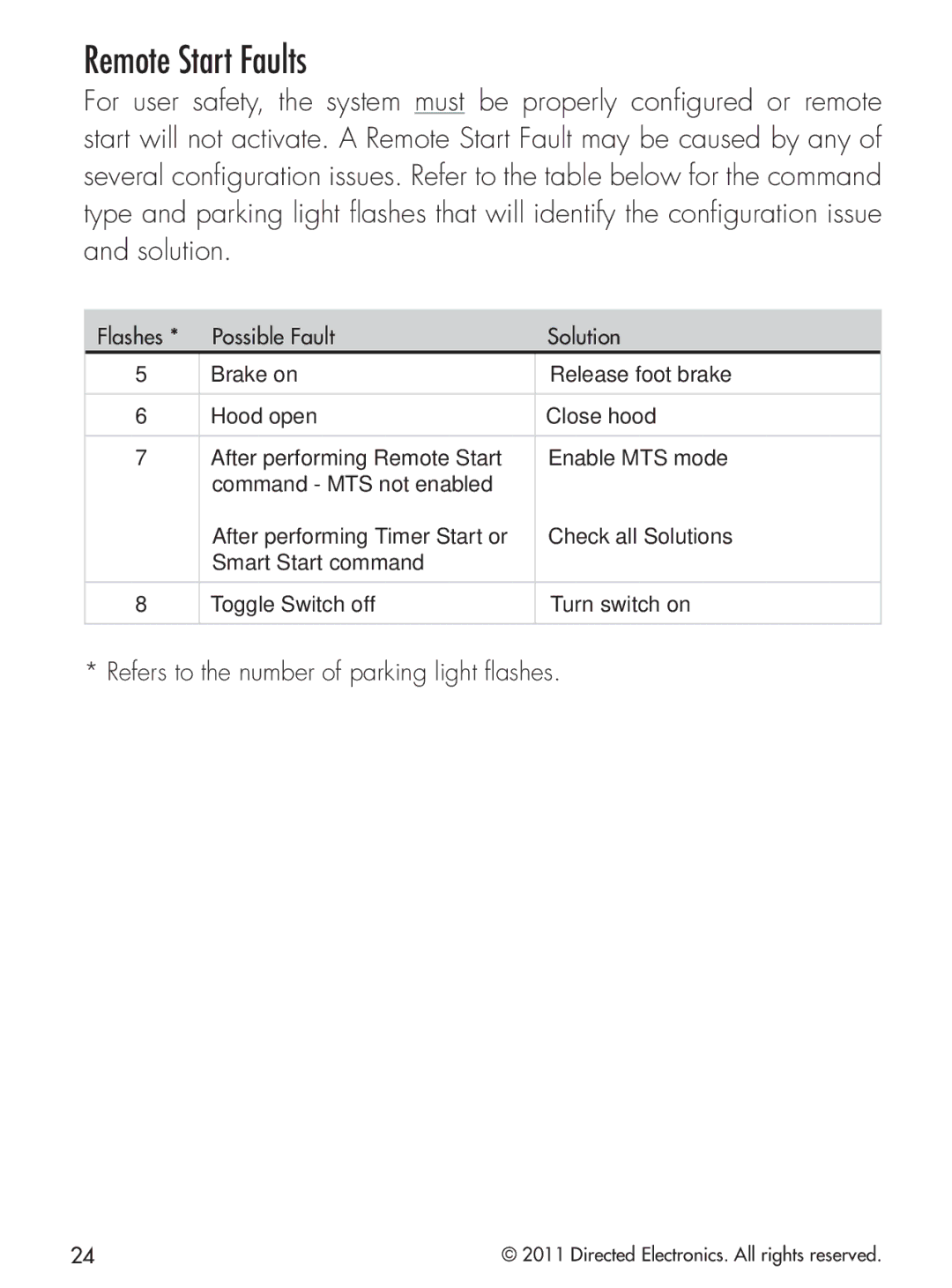424 specifications
Python 424 is an innovative release of the widely popular programming language Python, designed to expand its capabilities while maintaining its core philosophy of simplicity and readability. As the latest version in the Python 4 family, it brings a number of significant features, enhancements, and technologies that cater to the evolving needs of developers and data scientists.One of the main features of Python 424 is the introduction of enhanced type hinting and static type checking. This update aims to improve code readability and reliability, making it easier for developers to understand the expected types of variables and function return values. By integrating advanced type inference capabilities, Python 424 allows developers to catch type-related errors at compile time, which can greatly reduce debugging time and result in more robust applications.
Another noteworthy characteristic of Python 424 is the enhanced performance optimization. With improvements to the Just-In-Time (JIT) compilation process, Python 424 significantly speeds up the execution of Python code, making it more competitive with languages traditionally known for their performance like C and Rust. This can be particularly beneficial for data-intensive applications and machine learning tasks where execution speed is crucial.
Python 424 also brings an improved standard library that introduces new modules and enhances existing ones. The inclusion of modules dedicated to asynchronous programming makes it easier to write concurrent applications, which are essential for modern web and network applications. This streamlined approach to asynchronous programming allows developers to handle multiple tasks efficiently without complex callback management.
Furthermore, Python 424 focuses on fostering a more inclusive and vibrant ecosystem by expanding the support for common data science and machine learning libraries. It includes improved interoperability with popular frameworks such as TensorFlow, PyTorch, and pandas, aiding developers in crafting sophisticated data-driven applications without facing compatibility issues.
The emphasis on security in Python 424 is notable as well. Security-centric features such as improved user authentication mechanisms, encryption support, and enhanced secure coding guidelines help developers build applications that are not only functional but also resilient against vulnerabilities and threats.
In conclusion, Python 424 represents a significant step forward for the Python community. With its robust set of new features, performance enhancements, and a focus on security and usability, it offers developers powerful tools that meet the demands of modern programming challenges while maintaining the essential characteristics that have made Python a favorite among programmers around the world.

